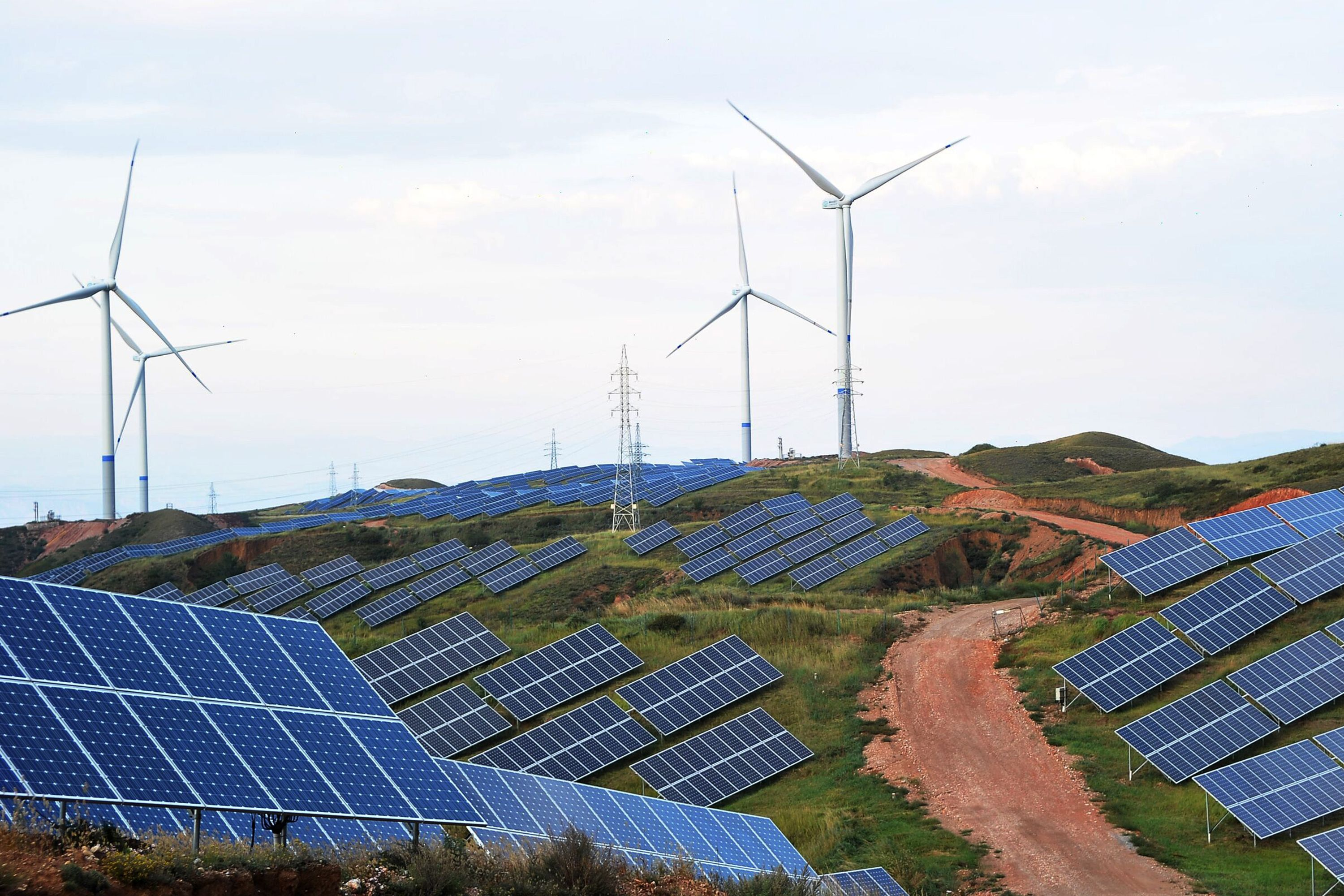Acadia Infrastructure Capital, a U.S. investor, has teamed up with corporations including Microsoft to launch the Climate and Communities Investment Coalition (CCIC), aiming to develop a $9 billion pipeline of renewable energy projects across the United States. According to Acadia Vice President Brian O’Callaghan, the initiative will accelerate the deployment of corporate-led renewable energy projects while delivering tangible benefits to local communities.
The coalition plans to build approximately 5 gigawatts of renewable energy capacity over the next five years. Beyond expanding clean energy infrastructure, the initiative is designed to provide socio-economic benefits, such as:
- Making clean energy more accessible to low- and middle-income households at reduced prices.
- Hiring local workers for project development.
- Supporting contractors with diverse ownership.
ACCELERATING CORPORATE RENEWABLE ENERGY INVESTMENT
With falling costs already driving the adoption of renewable energy, the CCIC aims to exponentially increase the pace of deployment by attracting corporate financing. Many companies seek to meet environmental targets or acquire Renewable Energy Certificates (RECs) tied to these projects.
RECs are highly sought after for companies aiming to green their power supply or offset emissions in their supply chains. “Renewable energy will continue to expand without corporations. With corporations, the pace becomes exponential,” said O’Callaghan. He added that corporate investments would act as a magnet for additional funding from other stakeholders.
FLAGSHIP PROJECTS AND CORPORATE BACKING
The coalition’s first project involved securing financing for a 210-megawatt solar plant in collaboration with Matrix Renewables, with Microsoft playing a significant role. Danielle Decatur, Director of Environmental Justice at Microsoft, noted that the program aligns with the company’s sustainability goals through “high-quality renewable energy procurement.”
In addition to facilitating renewable energy deployment, the coalition emphasizes community-focused outcomes. Yinka Bode-George, CEO of the non-profit Sustain Our Future Foundation, stated that the program would ensure “meaningful, lasting benefits to community stakeholders.”

















